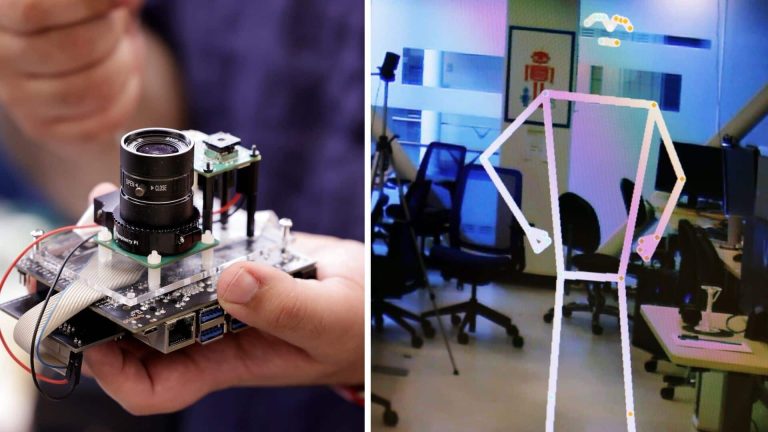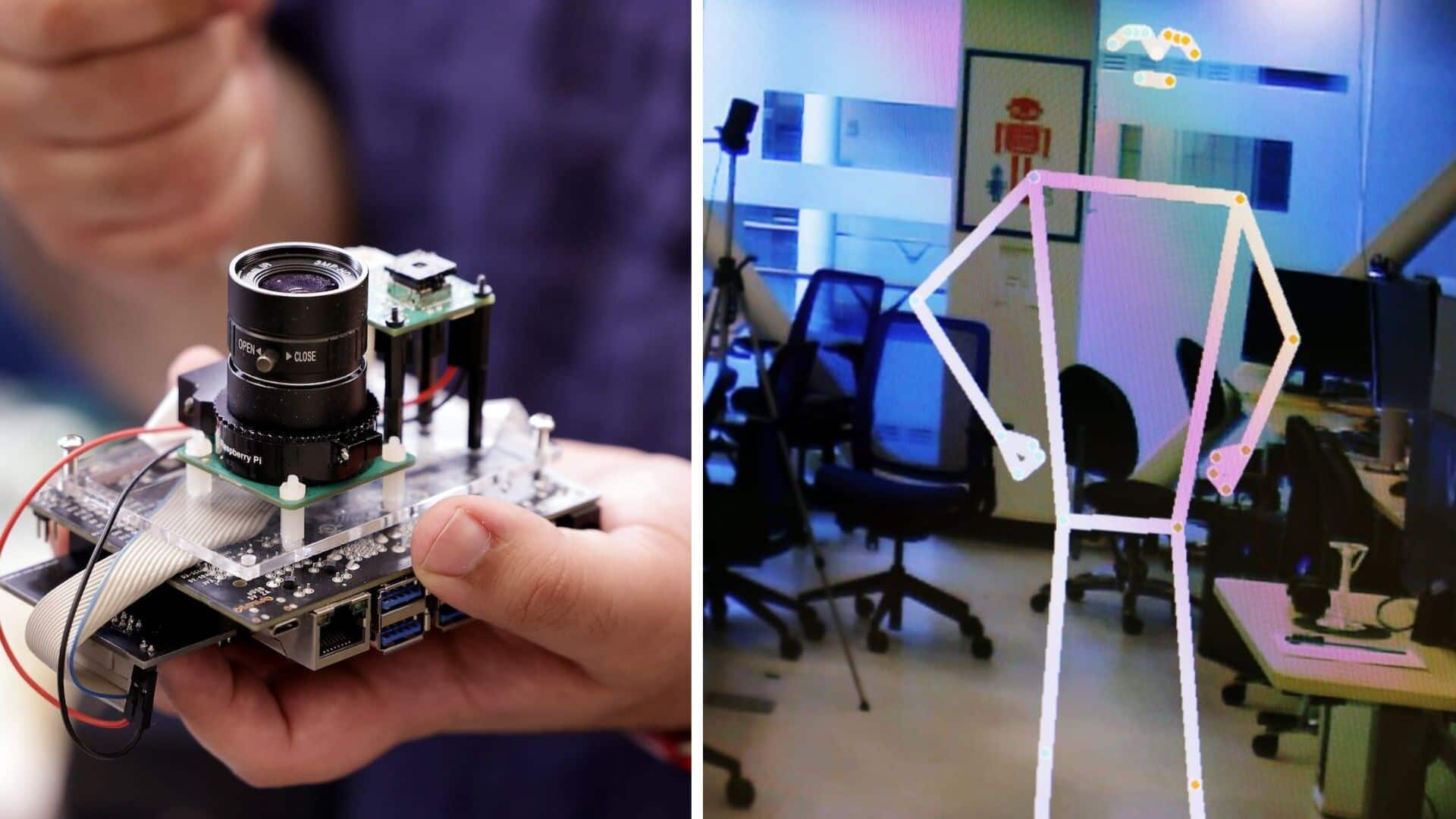A new camera technology, PrivacyLens, is set to bring increased privacy to smart home devices and public spaces.
This prevents raw data from being stored or shared online and allows users to customize privacy settings, such as using animated stick figures instead of real images.
This is particularly useful in healthcare and autonomous vehicles, balancing the need for data collection with privacy protections.
Was that a long read? Let me explain it more simply…
Next Article
Adopts a dual camera system
What is the story
University of Michigan engineers have developed PrivacyLens, a groundbreaking camera technology designed to enhance personal privacy protections in the era of smart home devices. The innovative technology aims to mitigate the risks associated with personally identifiable photos and videos captured by smart home cameras and robot vacuums. Using a dual-camera system consisting of a standard video camera and a thermal sensing camera, PrivacyLens can identify individuals and replace their likeness with a generic stick figure that accurately mirrors their movements.
Addressing Data Privacy Concerns on Smart Devices
“Most consumers don't think about what happens to the data collected by their favorite smart home devices,” said Alanson Sample, an associate professor of computer science and engineering at the university. Sample emphasized that raw audio, images and video are often streamed from these devices to the manufacturers' cloud-based servers, regardless of whether the data is needed for the end application. PrivacyLens aims to address the problem of private moments being inadvertently captured and shared online.
A potential game changer in healthcare
One important application area for PrivacyLens is in healthcare, where cameras are used to monitor chronic health conditions and fitness routines at home. The technology ensures that raw images are never stored on the device or in the cloud, providing strong privacy protections. “Cameras provide a wealth of information for monitoring health conditions,” said Yasha Iravanci, a doctoral student in computer science and engineering. Iravanci added that without privacy protections, people would have to carefully consider whether to give up privacy for good chronic care.
User comfort and customizable privacy settings
The team's initial research found that using animated stick figures instead of actual photos made people more comfortable about having cameras in their homes. Additionally, PrivacyLens incorporates a sliding privacy scale that allows users to control how much of their face or body they want to censor. “Our research showed that while it might be OK to just blur your face when you're in the kitchen, you might want to remove your whole body from the image in other parts of your home,” Sample explained.
Potential applications in public spaces
Beyond personal use, Privacy Lens also has great potential in public spaces. It could prevent self-driving cars from becoming surveillance tools and help companies comply with privacy laws and regulations by collecting data from outdoor cameras. “There are a whole range of tasks where you want to know when someone is there and what they're doing, but knowing their identity isn't going to help you perform that task, so why take the risk,” Iravanci said.


